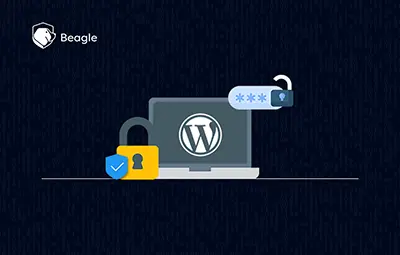
Cryptographic hash functions play a crucial role in securing data by transforming input into a fixed-length string, ensuring integrity and authentication. However, when weak hashing algorithms are used, attackers can exploit predictable patterns to gain unauthorized access.
Older versions of WordPress are vulnerable to such weaknesses, particularly through the newbloguser key.
This key is derived directly from the user ID using an insecure hashing mechanism, making it possible for attackers to reverse-engineer the hash and bypass authentication restrictions.
Once exploited, this vulnerability can allow unauthorized access to administrative accounts, modification of system files, or even full website compromise.
What are the impacts of WordPress key weak hashing?
The impacts of WordPress key weak hashing have several impacts:
1. Unauthorized access to admin accounts
Attackers can exploit the newbloguser key vulnerability to generate authentication tokens and log in as an administrator.
This could lead to full control over the website, including content modification and user data exposure.
2. System file modification
Once an attacker gains admin access, they may modify core system files, inject malicious scripts, or install backdoors.
This could allow persistent access, even if login credentials are changed later.
3. User credential compromise
Weak hashing makes it easier for attackers to reverse-engineer the authentication mechanism.
If user credentials are stored or transmitted using an insecure hashing function, password cracking becomes trivial.
4. SEO spam & defacement
Hackers often exploit WordPress vulnerabilities to inject spam content or redirect visitors to malicious sites.
This can damage a website’s SEO ranking and credibility.
Fixes & mitigation strategies to WordPress key weak hashing
Upgrade WordPress to the latest version
Use strong hashing algorithms
Restrict access to critical files
Implement Web Application Firewalls (WAFs)
Monitor & log suspicious activity
Use strong authentication methods
Wrapping up
Weak hashing in older versions of WordPress exposes websites to serious security threats, including account takeovers, data breaches, and system modifications.
Website owners should immediately upgrade to newer versions, enforce strong authentication, and implement robust security measures to prevent exploitation. Keeping security up to date is the best defense against such vulnerabilities.





